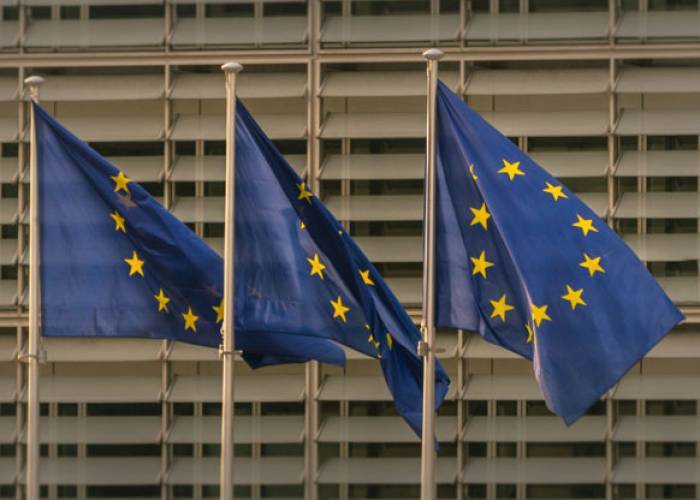Tensions have surged in southern Syria following deadly clashes in Suweida and subsequent Israeli military intervention. At least 300 people have reportedly been killed since Sunday, July 13, according to the UK-based Syrian Observatory for Human Rights (SOHR). The violence erupted after the abduction of a Druze merchant, sparking battles between Druze militias and Sunni Bedouin fighters. The unrest has once again thrown a spotlight on Syria’s fragile sectarian balance and deep-rooted mistrust in the region.
The Druze, a minority ethno-religious group with origins in Shia Islam, make up about 3% of Syria’s population. Historically marginalized, they have maintained relative autonomy in southern Syria throughout the country’s 14-year civil war, often relying on local militias instead of integrating into the national army. Since the fall of Bashar al-Assad in December 2024, the Druze have resisted efforts by the new Islamist-led government, headed by Ahmed al-Sharaa, to impose authority over Suweida.
While the Syrian government has pledged to protect minorities, Druze leaders accuse security forces of summary executions and violent crackdowns, fueling further distrust. Amid this chaos, Israel launched airstrikes on July 15 and 16, claiming to protect the Druze and deter Syrian military buildup near the Israeli-occupied Golan Heights.
The Israeli strikes, which escalated to include targets in Damascus, were the most severe since Israel’s December 2024 offensive. Israeli Foreign Minister Israel Katz warned of “painful blows” if Syria continues threatening minority groups. However, regional powers, including Saudi Arabia, Iran, Turkey, and Egypt, have condemned the Israeli actions as escalatory and destabilizing.
The violence underscores the dangers of renewed sectarian strife and foreign intervention in post-Assad Syria. As Sharaa’s government struggles to assert authority and rebuild the nation, the complex web of rival factions, ethnic loyalties, and external pressures continues to destabilize efforts toward national unity. With tensions boiling in Suweida and beyond, the prospect of prolonged instability looms over Syria’s already fractured landscape.

